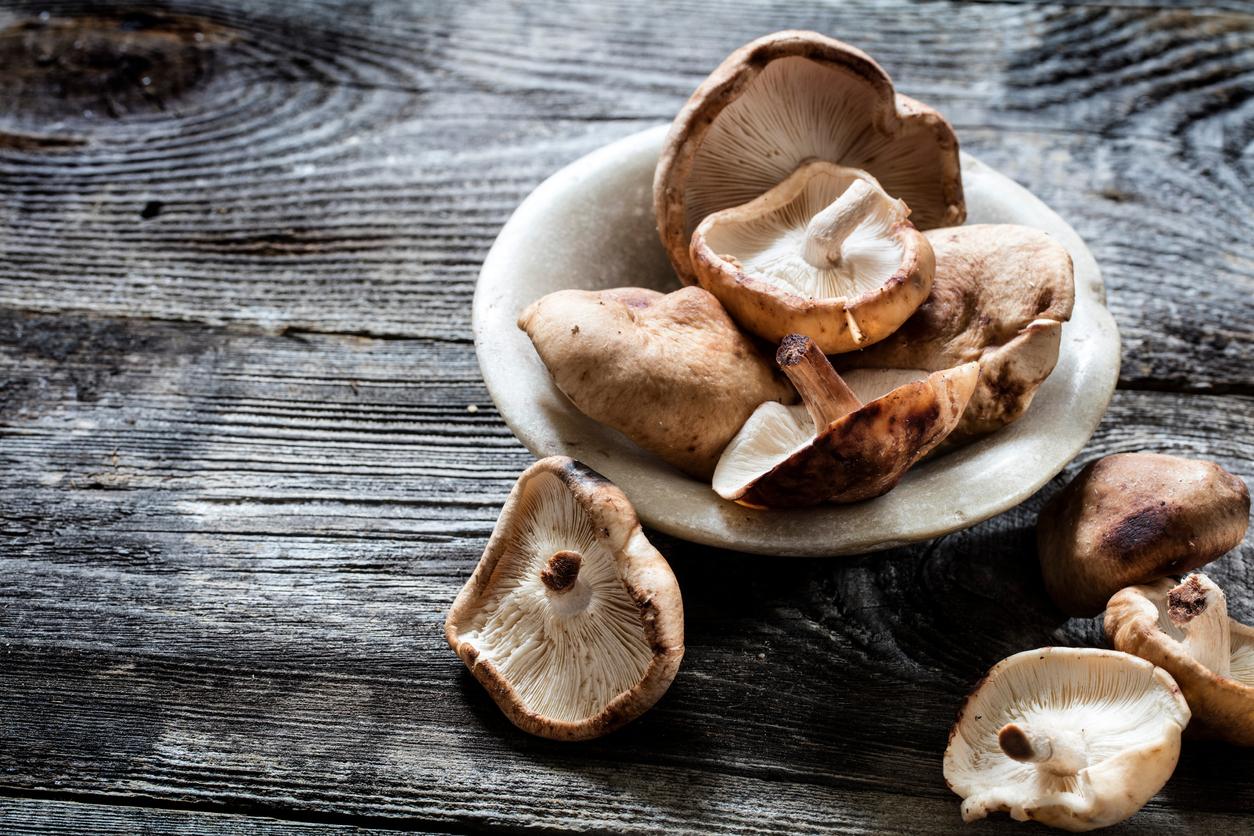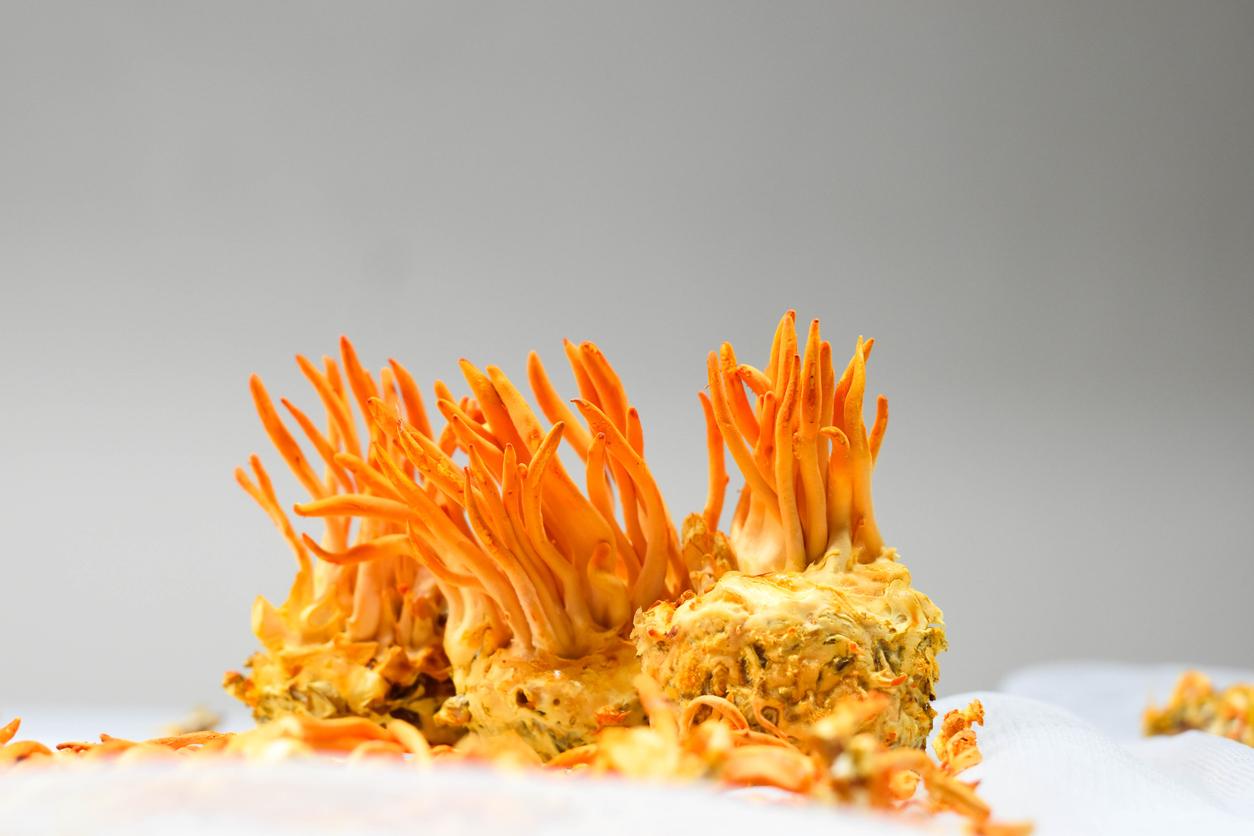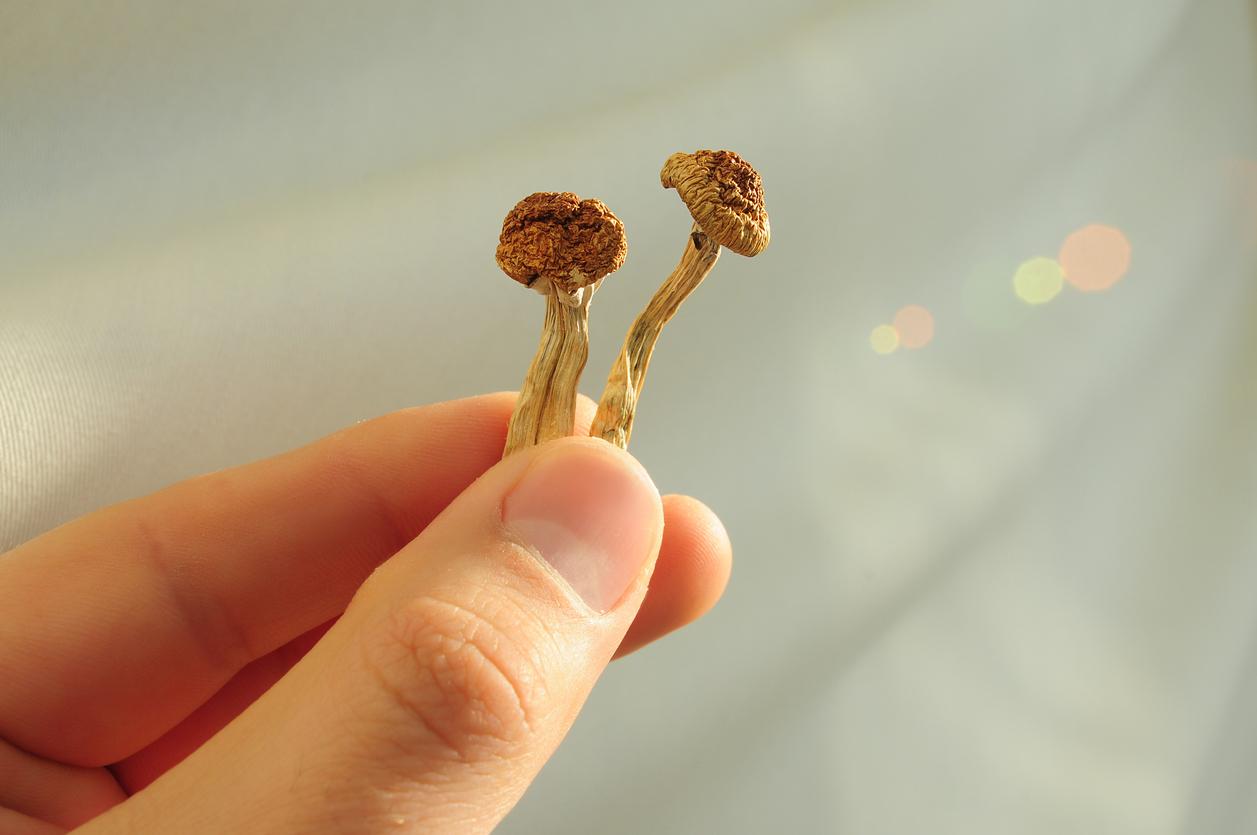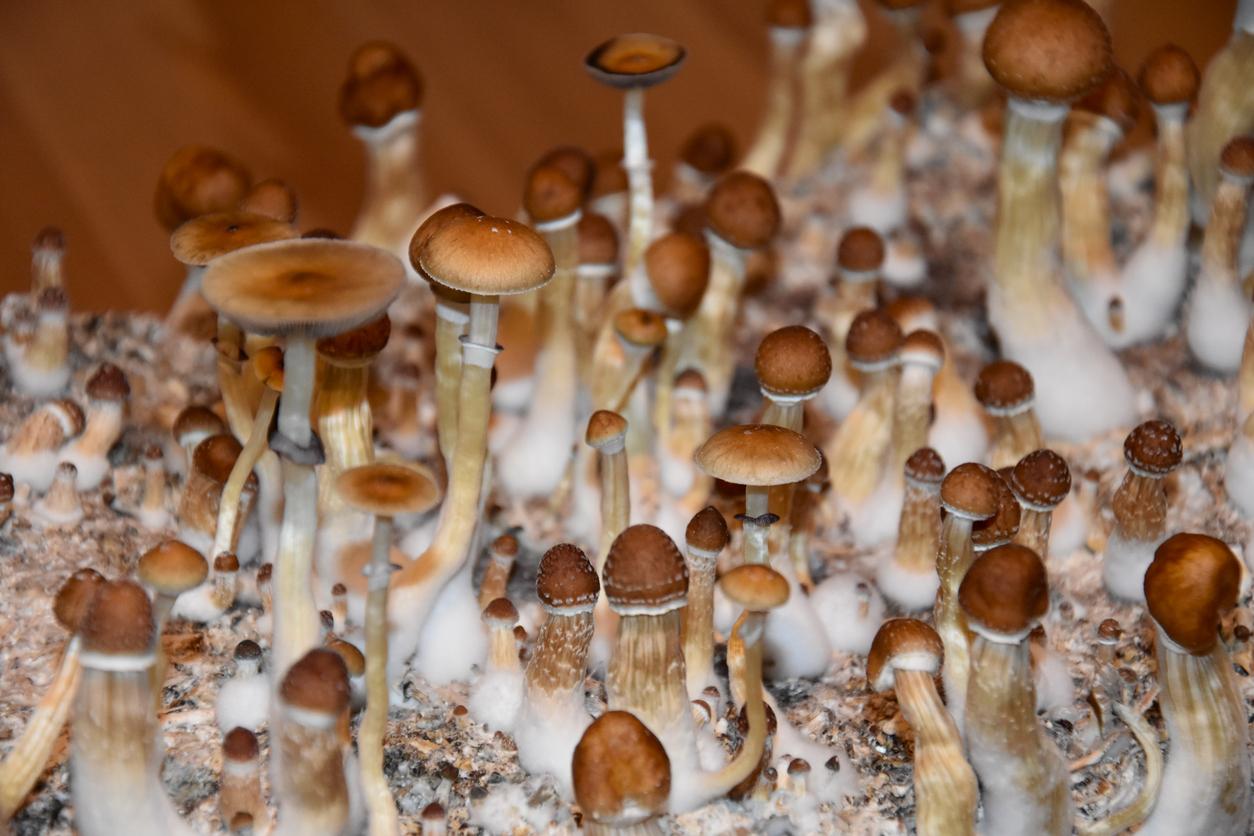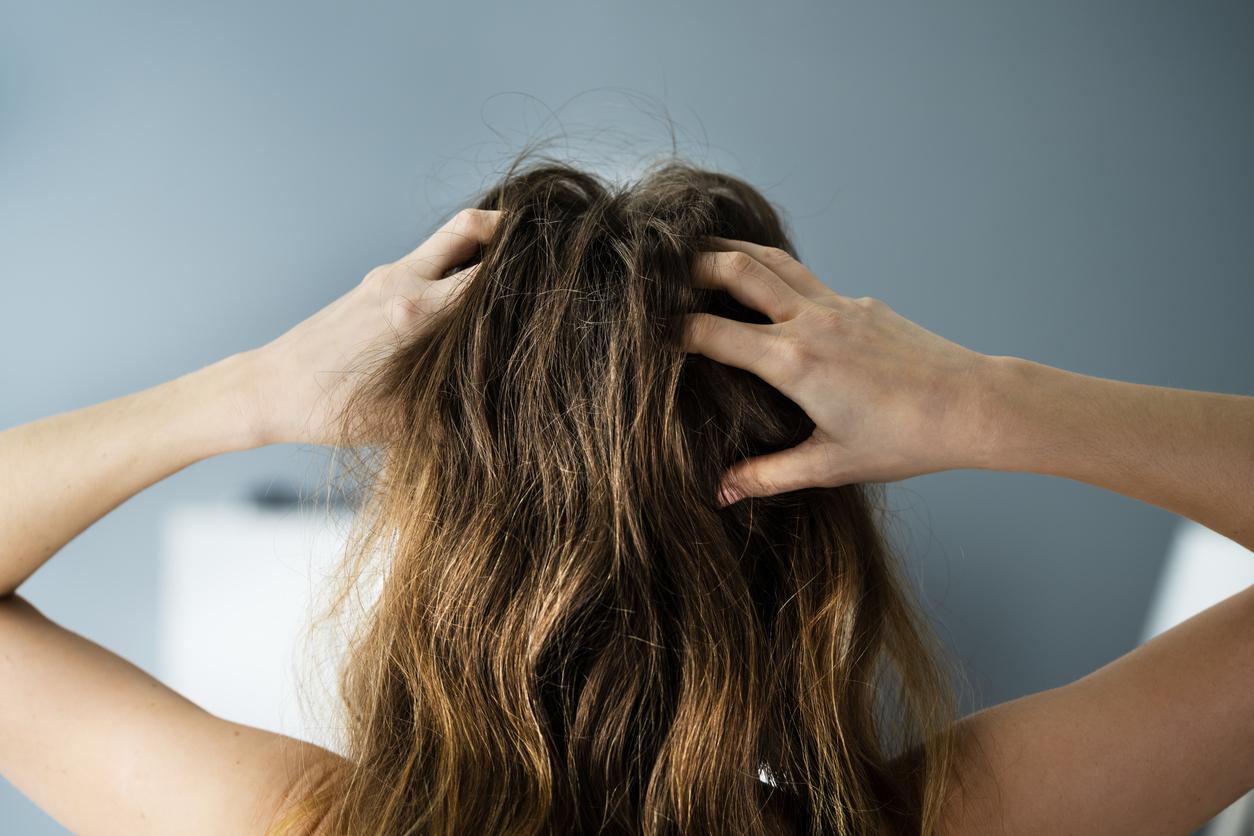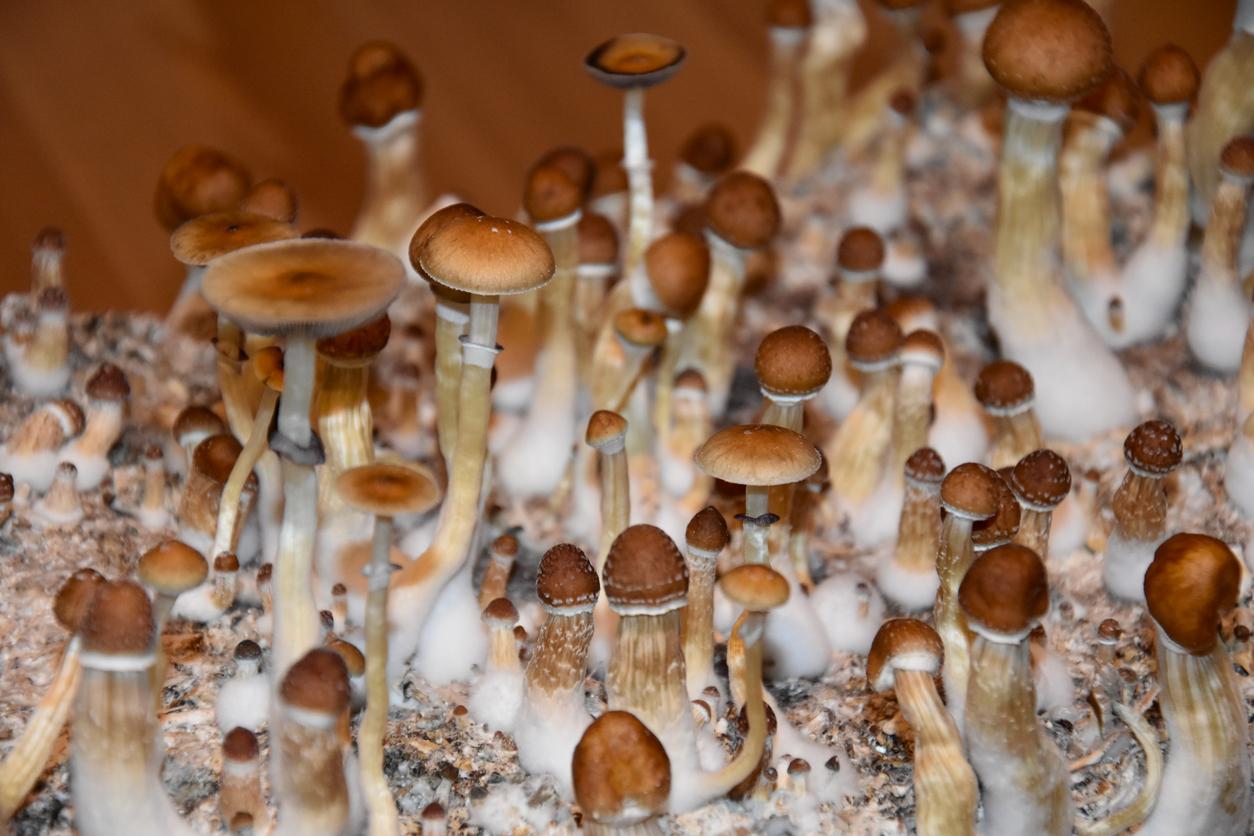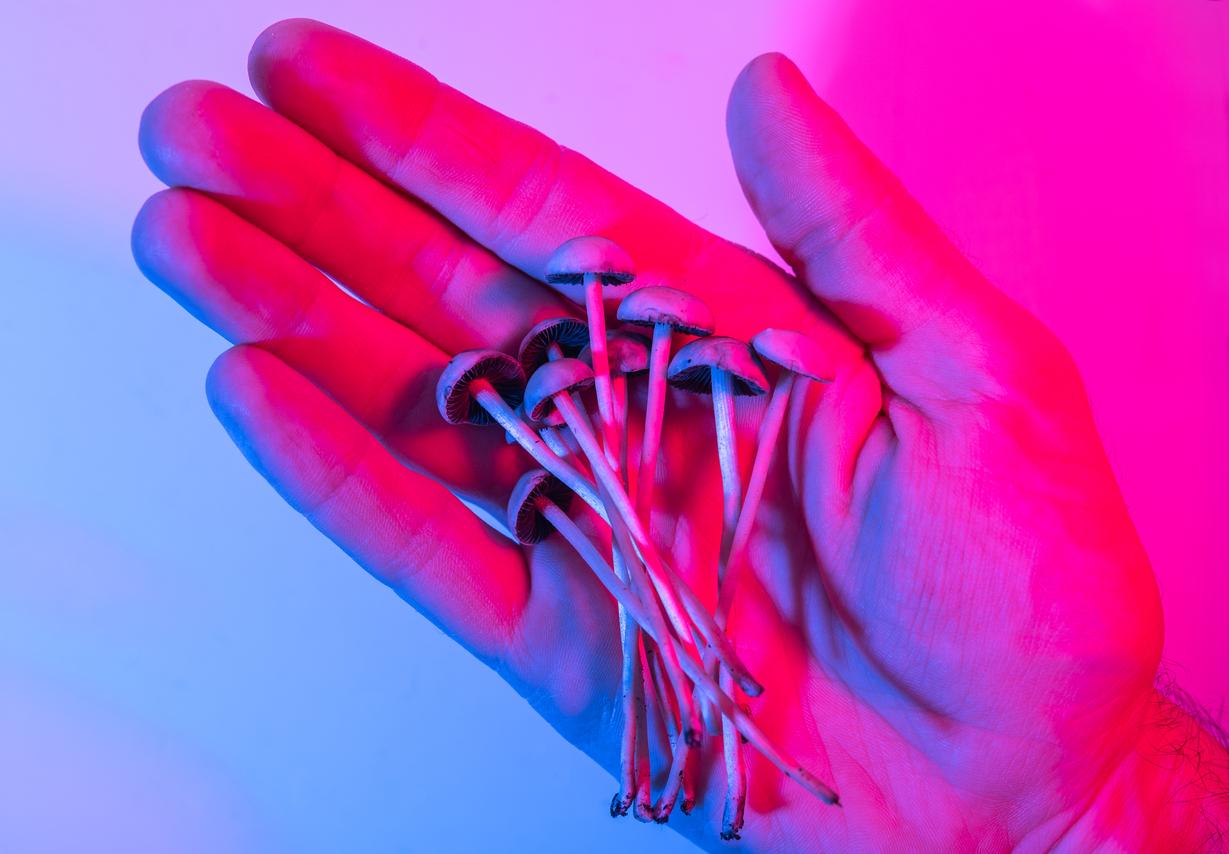A single dose of ‘magic mushrooms’ changes brain connectivity to relieve symptoms of body dysmorphic disorder.

- Body dysmorphic disorder is a mental illness characterized by an obsessive preoccupation with perceived flaws in physical appearance.
- A new study shows that psilocybin, the active ingredient in “magic mushrooms,” may help relieve the disorder.
- However, additional studies are needed to confirm the results.
Body dysmorphic disorder, also known as dysmorphophobia, is characterized by an obsessive preoccupation with perceived flaws in physical appearance. People who suffer from it often have a distorted self-image, intrusive thoughts and compulsive behaviors which significantly impact their daily life and their mental health.
Researchers at Columbia University have found a new treatment option: psilocybin, the active ingredient in “magic mushrooms.” Their work was presented in the journal Psychedelics on September 24, 2024.
Body Dysmorphic Disorder: Psilocybin Alters Brain Connectivity
The team brought together eight adults suffering from moderate to severe body dysmorphic disorder who had not responded to standard treatments. Volunteers received a single oral dose of 25 mg of psilocybin. They also had a brain MRI one day before and one day after this dose. Analysis of the images obtained showed that just one day after administration of the molecule, patients presented increased connectivity both within a region of the brain governing executive functions and between the latter and other regions. other brain networks involved in processing emotional stimuli and self-referential thought.
Additionally, people who had the greatest strengthening of these neural connections showed the greatest improvement in body dysmorphic disorder symptoms a week later.
Magic mushroom and body dysmorphophobia: further research needed
“While preliminary, the findings align with a growing body of evidence indicating that psychedelic compounds like psilocybin may promote mental health by improving the brain’s capacity for flexibility and integration. By facilitating communication in the “Within a brain network as well as between different brain networks that are often dysregulated in psychiatric disorders, psilocybin can help restore more adaptive cognitive and emotional functioning.”estimate the authors of the research in a press release.
However, they acknowledge that their sample was small and that there was no control group. Therefore, larger studies are needed to confirm their results and potential clinical use.









